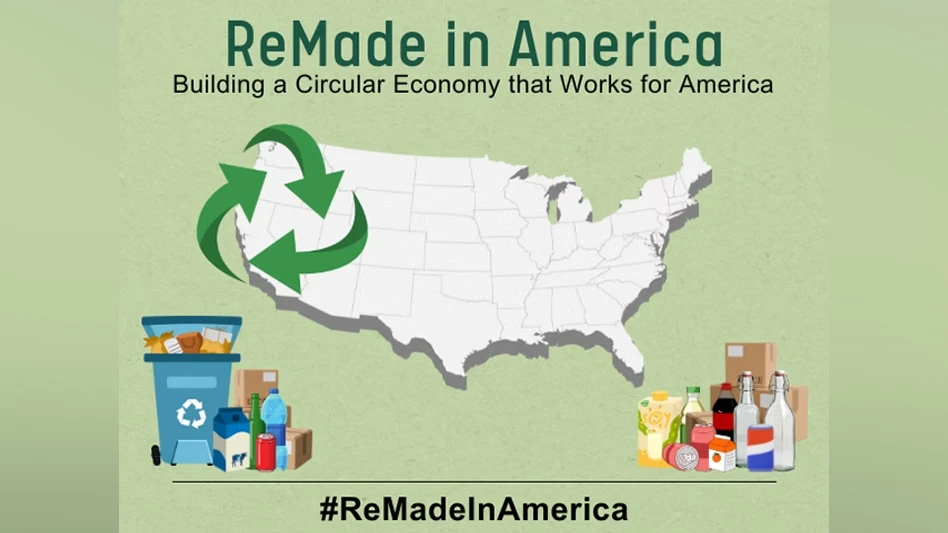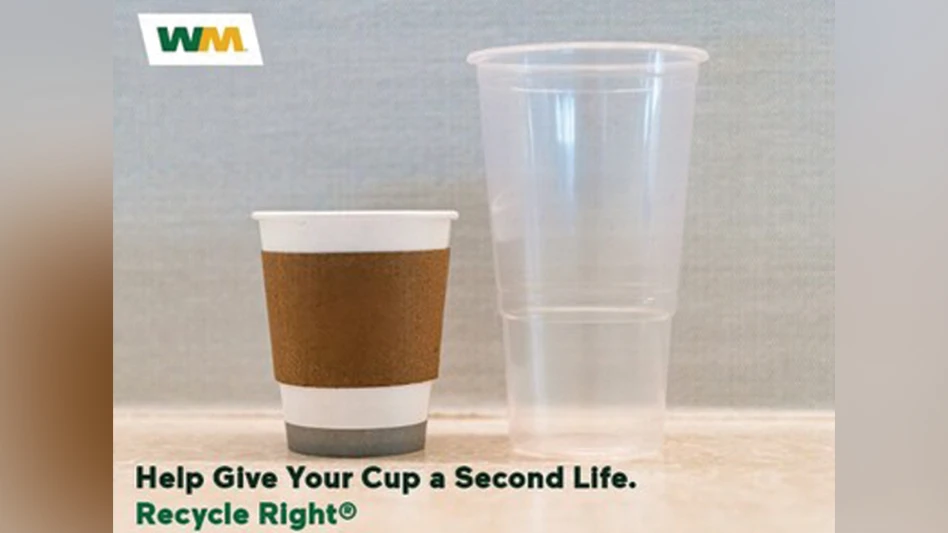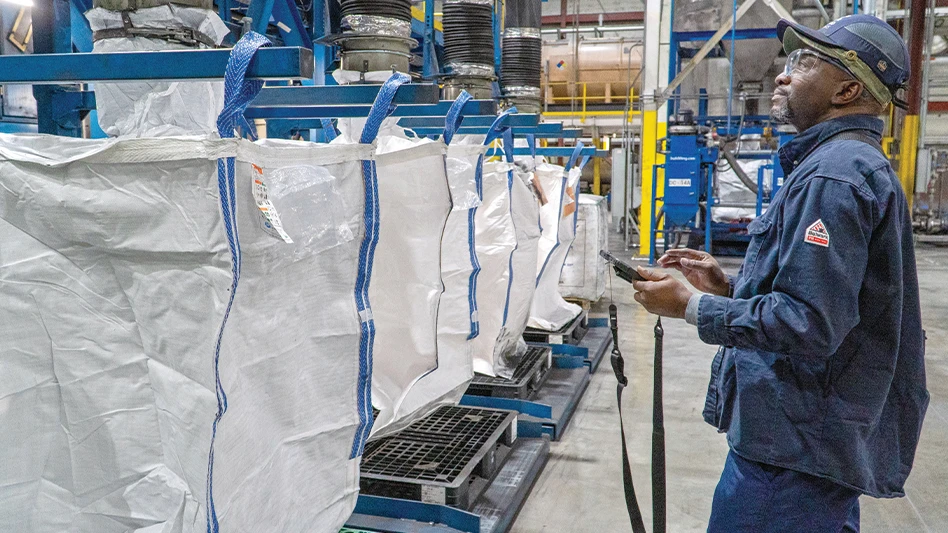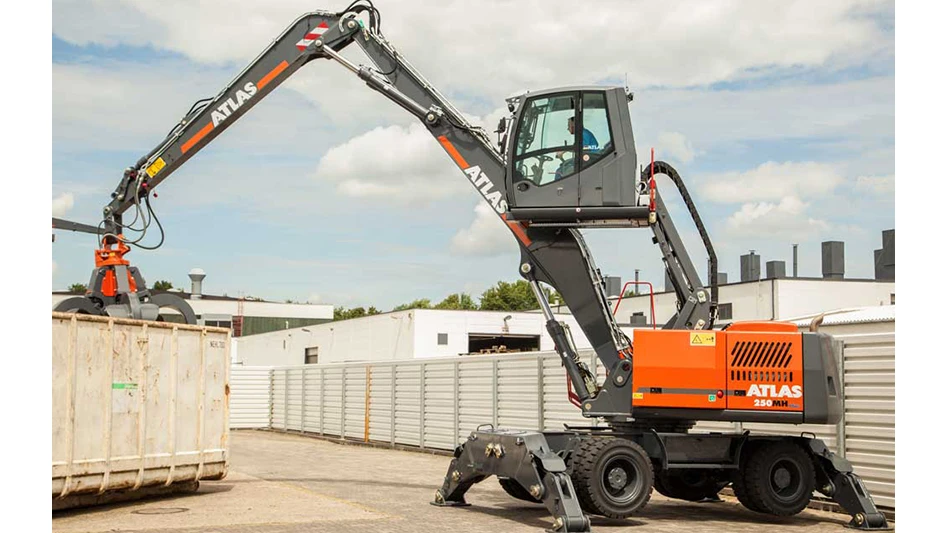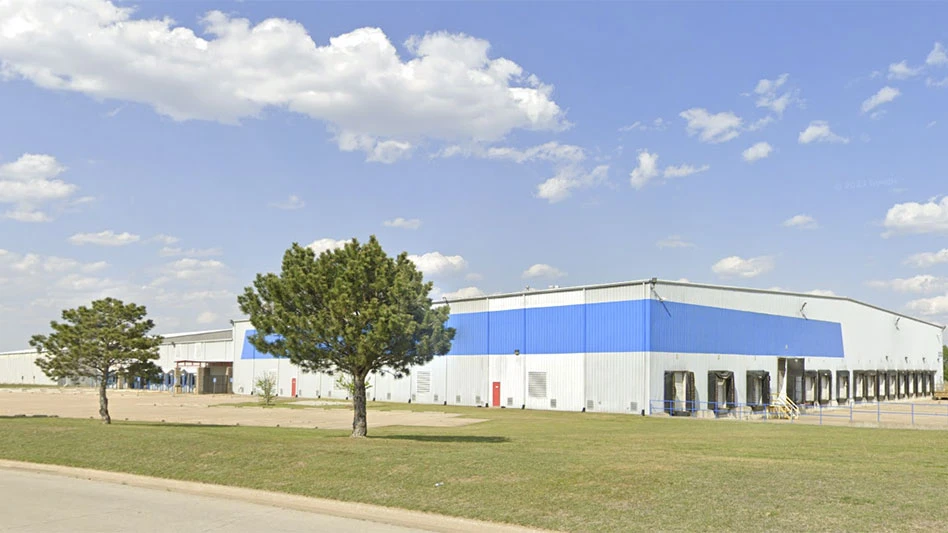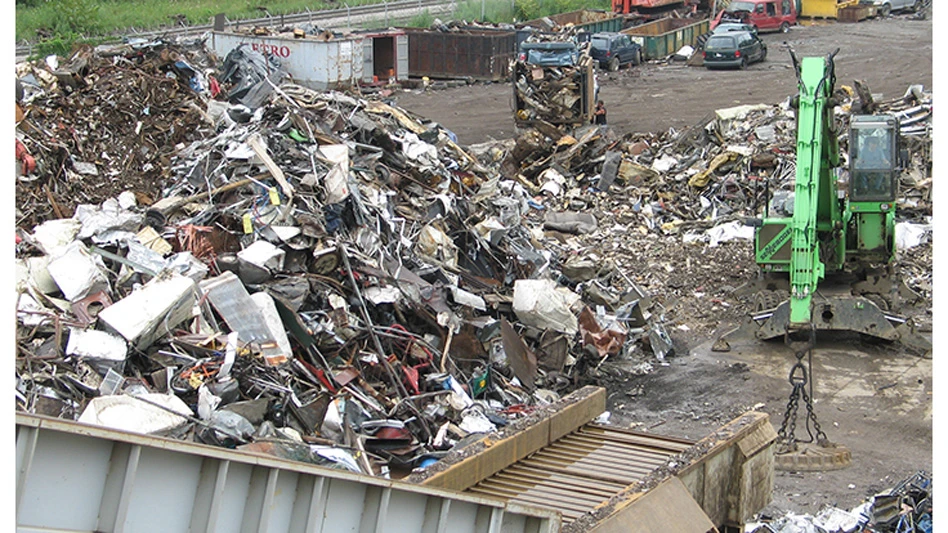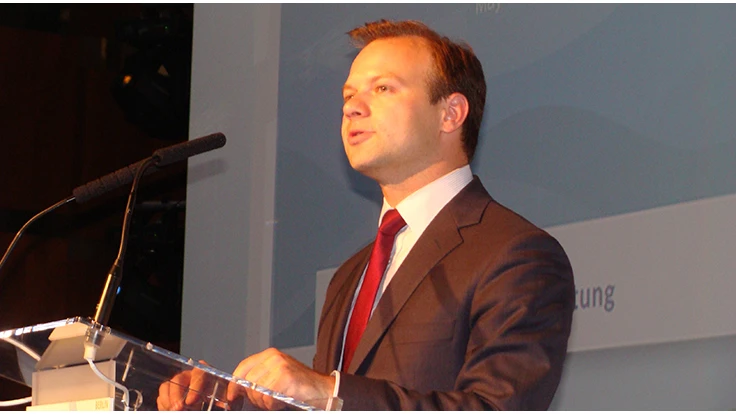
The proposed Transatlantic Trade and Investment Partnership (T-TIP) is facing criticism and delays, but the pact “could yield substantial economic benefit” to the nations involved, according to a speaker at the 2016 Bureau of International Recycling (BIR) World Recycling Convention, held in Berlin in late May.
Christian Bluth, a project manager with the Germany-based Bertelsmann Stiftung (Foundation), said the research of his foundation and other groups leads him to forecast that passage of T-TIP would be especially beneficial to Spain, the United Kingdom, Ireland and to Scandinavian nations.
The basic materials and recycling sectors would likewise benefit, said Bluth, citing T-TIP clauses that would reduce tariffs and regulatory compliance costs in both basic materials and equipment exporting and importing.
While T-TIP has the backing of top-level officials in both the United States and the European Union, it has been met with rising skepticism by some voters and elected officials on both sides of the Atlantic.
“Germans are concerned about potential effects of regulatory change—that standards will be lowered,” Bluth said. In the U.S., meanwhile, “they fear a loss of jobs,” he added.
Bluth said President Obama has promised “to put his political will behind it, but is that enough?” On the other side of the Atlantic, T-TIP must be ratified not only by the EU but also each of its member nations.
At the BIR International Trade Council meeting, Bluth was preceded at the podium by Dale Didion of AKUA, a U.S.-based company that produces devices to detect and report cargo container tampering.
Didion said some devices made by AKUA can be mounted on the outside of cargo containers to detect lock tampering while others can be mounted inside to detect changes in light level or temperature. The devices “send out alerts immediately” to their owners, he said. The AKUA devices also provide real-time tracking information as to where the container is.
Didion offered BIR attendees a case study of a potato seed company that found that some of its containers “went to unexpected ports” and spent idle time off the coast of Portugal.
In the recycling sector, containers carrying copper scrap in particular have been frequently broken into and had partial contents stolen. The problem has been most widely reported in South China and Hong Kong.
The 2016 BIR World Recycling Convention was May 29-June 1 at the InterContinental Hotel in Berlin.
Get curated news on YOUR industry.
Enter your email to receive our newsletters.
Latest from Recycling Today
- Joint report highlights industry-led source reduction progress
- PPRC 2025: Examining the volatility of OCC, mixed paper markets
- Indorama posts softer Q3 results amid shifts in global chemical industry
- Eriez expands Quick Ship program to accelerate North America deliveries
- China’s ‘nonmarket policies’ decried by OECD
- BlueScope to exit Tata India JV
- Cascades sees production increase at Bear Island mill
- Steel Dynamics appoints VP of metals recycling

